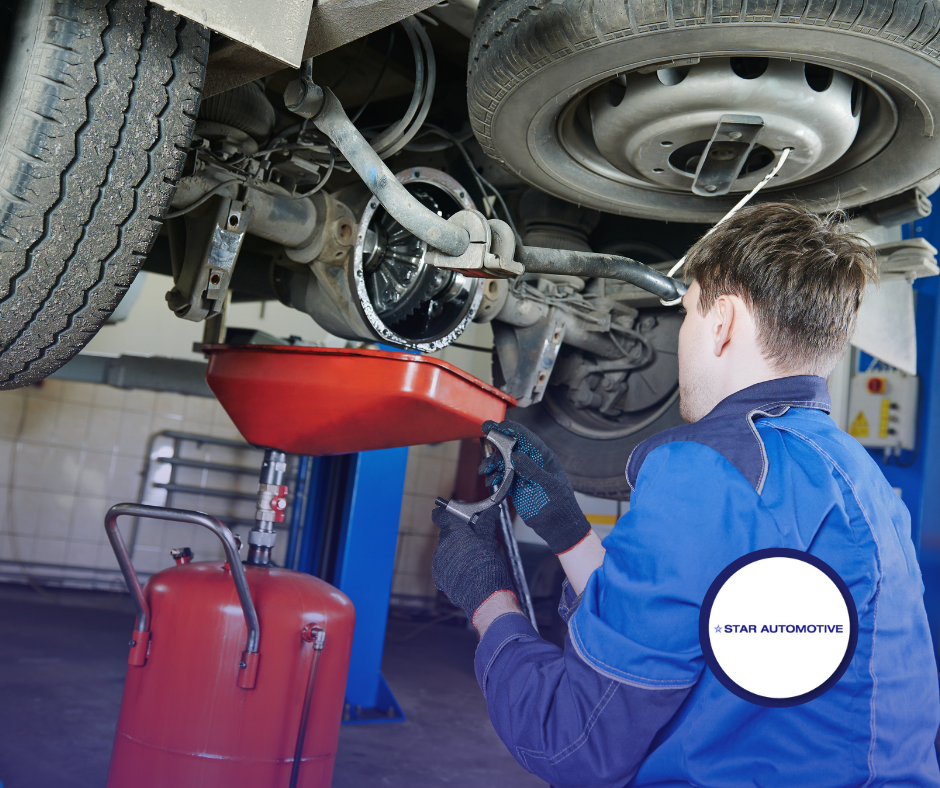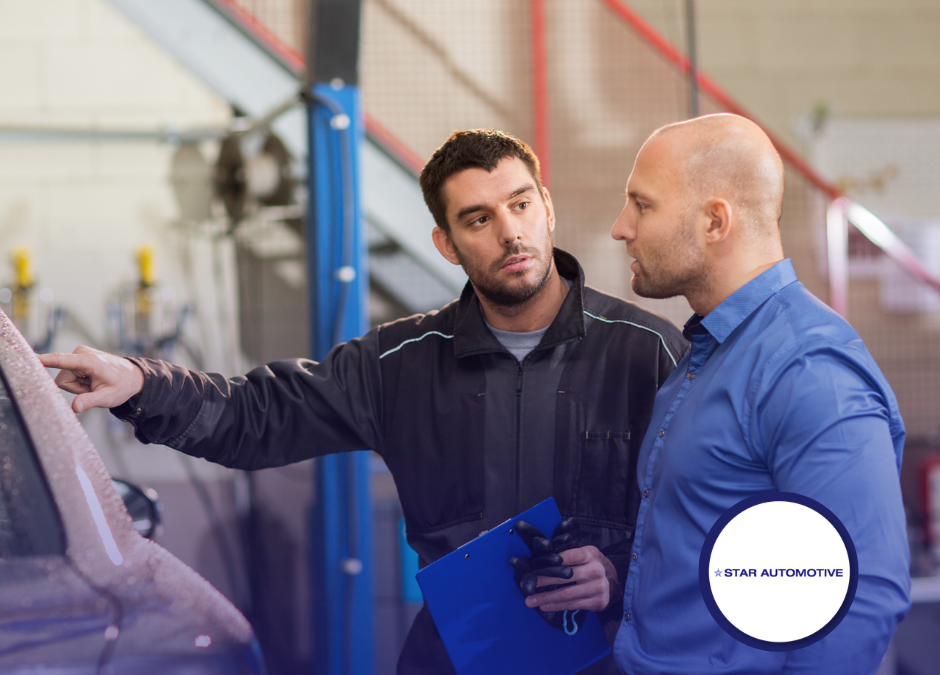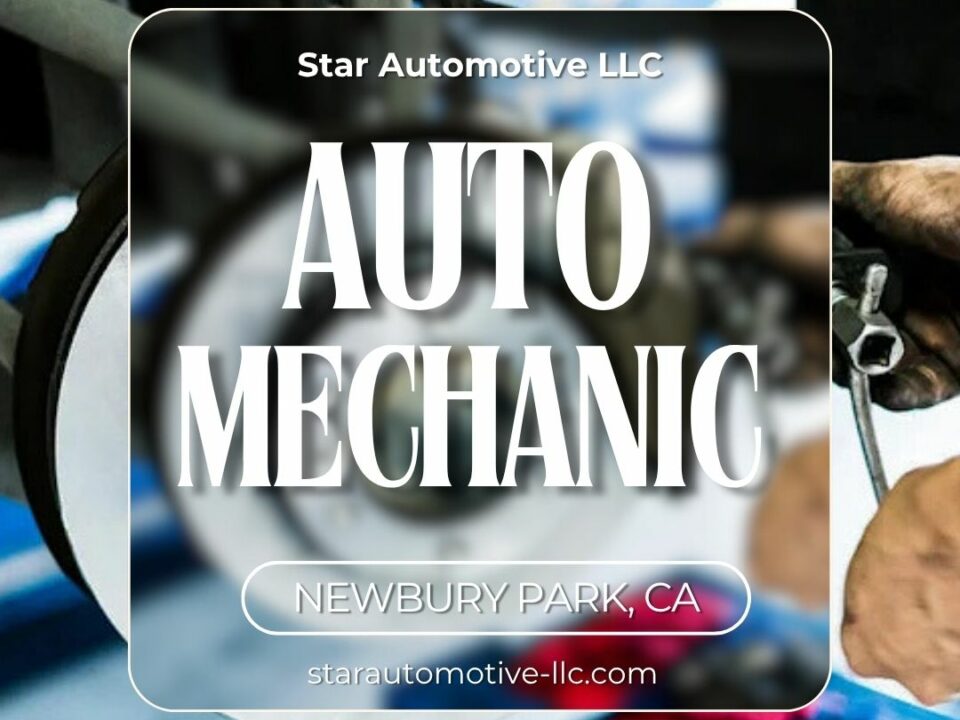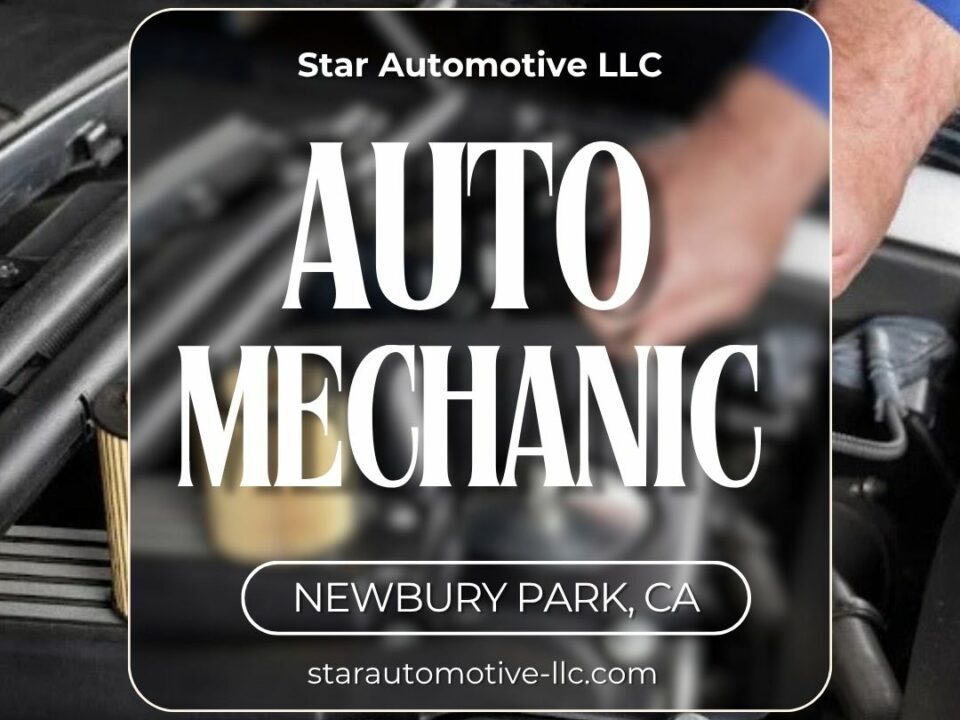
Choosing the Right Mechanic for Your Vehicle: What to Look for and Avoid
November 22, 2023
The Role of Technology in Modern Auto Mechanics: Trends and Innovations
November 22, 2023Whether you’re a seasoned auto mechanic or a car owner, understanding the importance of preventative maintenance is crucial for the longevity and performance of your vehicle. In this comprehensive guide, we’ll explore the ins and outs of preventative maintenance, its benefits, and how both car owners and mechanics can implement it effectively.
What is Preventative Maintenance?
Preventative maintenance, often referred to as PM, is a proactive approach to car care that involves regularly scheduled tasks and inspections to prevent potential issues and ensure your vehicle operates optimally. This preventive approach aims to catch and address problems before they escalate into costly repairs.
Benefits of Preventative Maintenance
Investing in preventative maintenance offers several advantages, such as:
- Increased safety on the road
- Extended vehicle lifespan
- Improved fuel efficiency
- Reduced repair costs over time
- Enhanced resale value
Essential Preventative Maintenance Tasks
Car owners and auto mechanics should be familiar with these key preventative maintenance tasks:
1. Regular Oil Changes
Changing your vehicle’s engine oil at recommended intervals keeps the engine lubricated and prevents premature wear and tear. Consult your car’s manual for the manufacturer’s guidelines.
2. Routine Fluid Checks
Check and top up essential fluids such as coolant, brake fluid, transmission fluid, and power steering fluid regularly to maintain proper vehicle function.
3. Tire Maintenance
Rotate and balance your tires to ensure even wear and replace them when tread depth is low. Proper tire maintenance improves handling and safety.
4. Brake Inspections
Regularly inspect your vehicle’s brake pads, rotors, and brake lines for signs of wear and address any issues promptly to maintain braking efficiency.
Collaboration Between Car Owners and Auto Mechanics
Effective preventative maintenance often involves collaboration between car owners and auto mechanics. Car owners should follow manufacturer-recommended service schedules and communicate any unusual vehicle behavior to their trusted mechanics. Auto mechanics, on the other hand, should conduct thorough inspections and provide proactive maintenance recommendations to their clients.
Conclusion
Understanding preventative maintenance is essential for car owners and auto mechanics alike. By implementing regular maintenance tasks, you can enjoy a safer, more efficient, and longer-lasting vehicle. Remember to consult your car’s manual and seek professional advice when necessary to ensure your vehicle remains in top condition.




